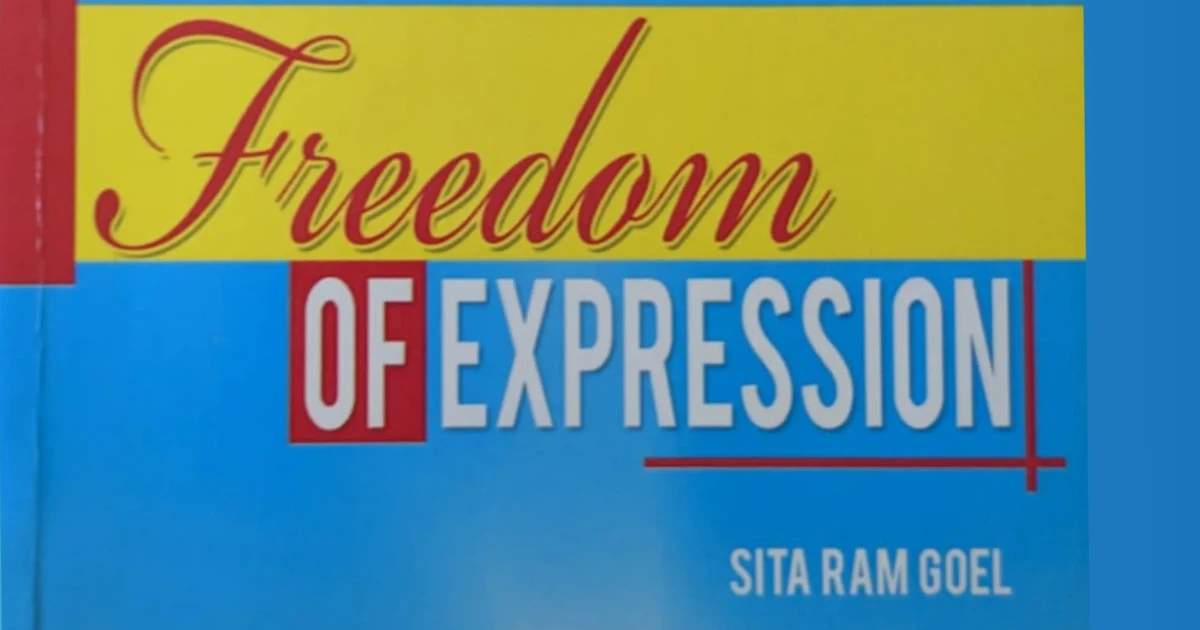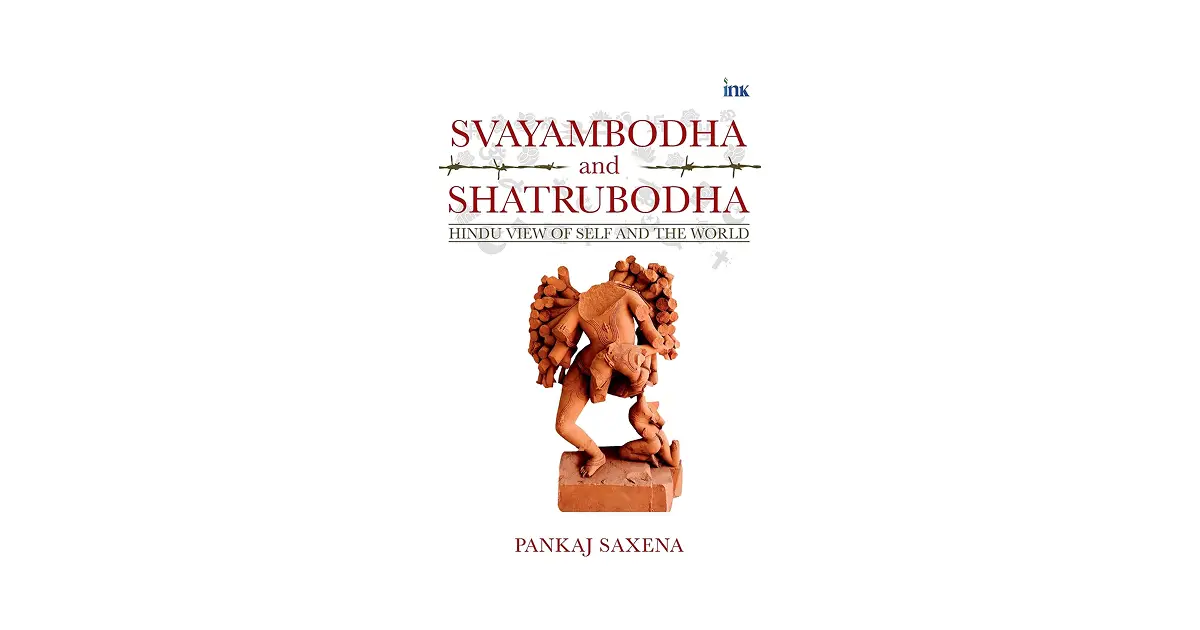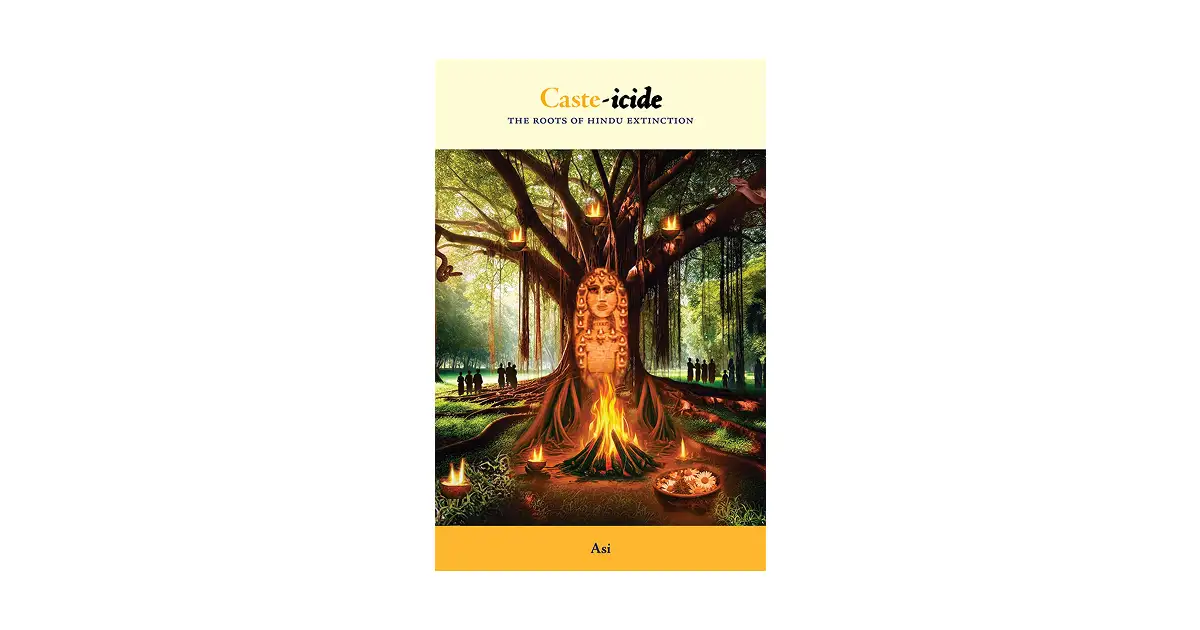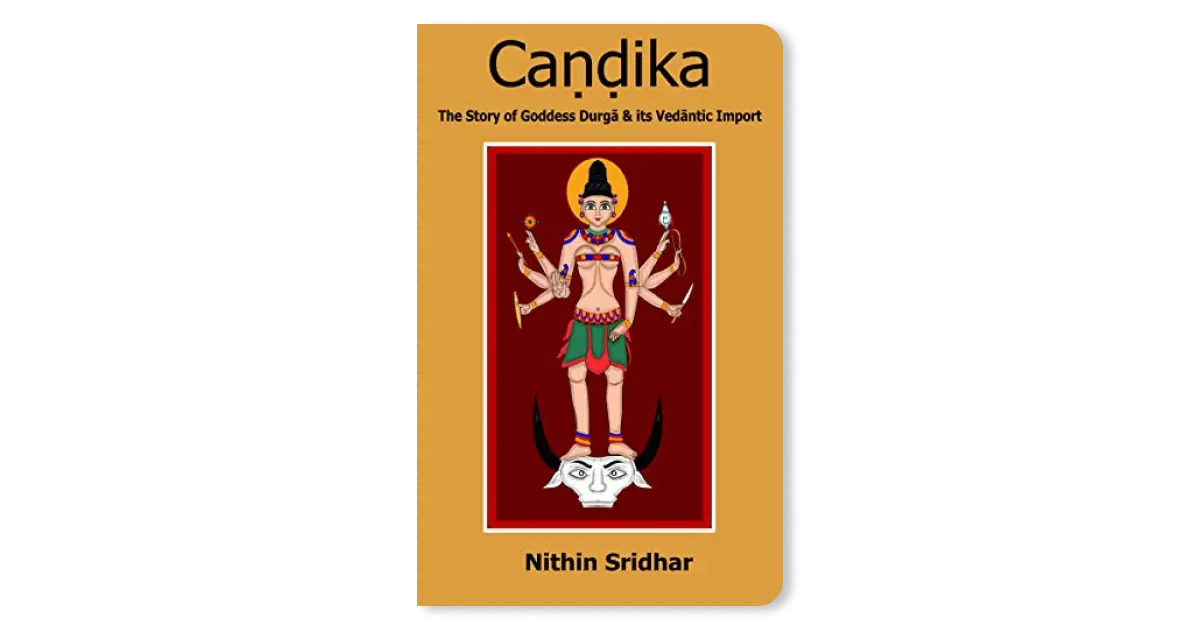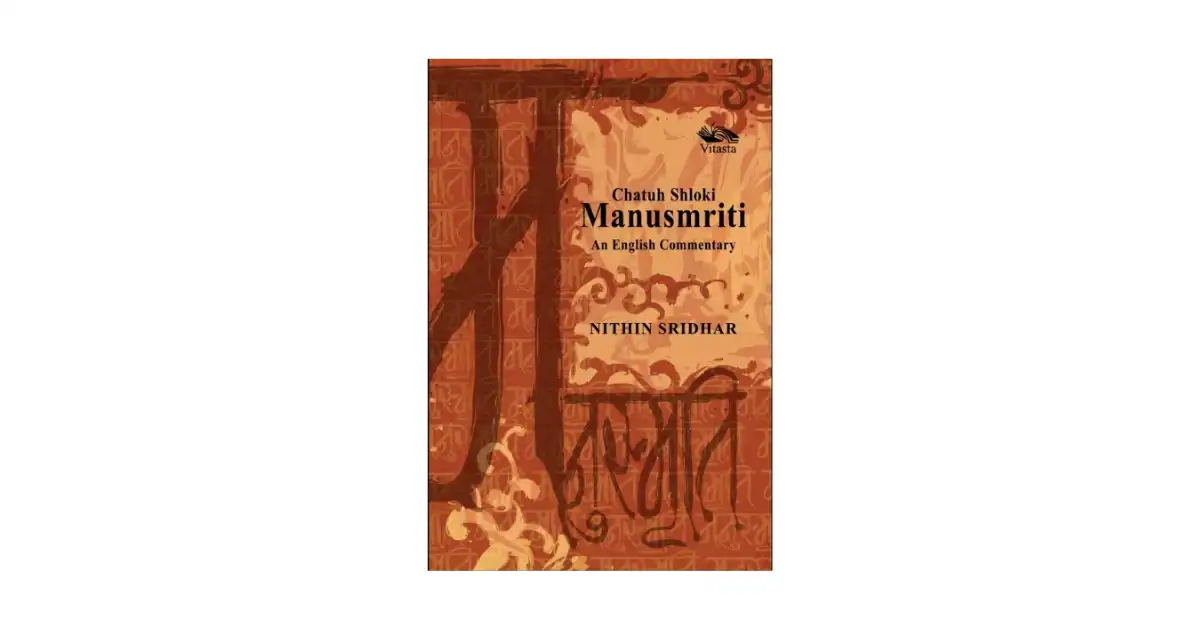यया विना जगत्सर्वं मूकमुन्मत्तवत्सदा ।
या देवी वागधिष्ठात्री तस्यै वाण्यै नमो नमः ॥yayā vinā jagatsarvaṃ mūkamunmattavatsadā |
yā devī vāgadhiṣṭhātrī tasyai vāṇyai namo namaḥ ||Salutations to goddess Vāṇī, who presides over the act of speaking,
Without whom this world would always be dumb, confused and mad-like.
Hebrew was a dead language until the early 20th century. The Jewish community which wanted to regroup into one homeland was already a diaspora living in multiple countries across Africa, Europe, and the Middle East. At that time, their question was: what should the common language be for such a diverse group of people? There was one mad man called Elizir who said Hebrew should be the common language. People branded him a crackpot during his life and time. But by the time these same people set up their education system, they decided Hebrew shall not only be revived, but should be mainstreamed through the education policy.
Ultimately, that madman proved to be the prophet. And he turned out to be right.
India has produced many such ‘mad men’. They were seen as societal misfits, perhaps as people who just wanted attention, and these intellectuals were even attacked and silenced in many cases.
At this moment, as in the past century, much of the work that is happening at the civilizational level is because of individual efforts. These individual efforts are in the form of some mad person burning the midnight oil, and actually giving up their personal life to do so. Many have done this, and sadly they have suffered grave consequences. They have even died bitter deaths. There were many such individual contributors from the previous generation, and we see several in the current times. They carry on pouring their blood, sweat, and tears into their efforts, often without any support from anyone.
Of the many, Śrī Sita Ram Goel is a beacon in the darkness. The amount of civilizational insight he had, as well as the conflicts he both recorded and foresaw, were incredible. He was written off for the most part in his day and age, and it is only today that many are able to appreciate him, unfortunately, in hindsight.
Śrī Sita Ram Goel authored a myriad of books. One such, still relevant to our contemporary experience, is called Freedom of Expression. The book is structured simply yet astutely, in two sections consisting of ten to fifteen smaller essays each.
Section One, “Secular Theocracy”, starts with an accounting of five different legal cases, the proceedings of each detailed almost exhaustively. Goel ji captures five different court cases of Hindu individuals being accused for speaking on a book or topic. This expression or speech of theirs was branded as ‘creating disharmony’, ‘injuring the sentiments of a community’, or ‘inciting ill will of a community’. These five cases were dated between the years of 1986 and 1997, and one of them happens to be the case where Śrī Sita Ram Goel himself was the accused. Goel ji then goes on to discuss the Emergency imposed on India, the protests against arrest of Hindu thinkers, and the reactions thereafter. Finally, he concludes the section with essays by Śrī Arun Shourie, Ram Swarup, and Koenrad Elst. These essays are each commentaries on the idea of freedom of speech, responses and reactions on society, and the imbalance in the ecosystem that has existed for centuries due to colonial and secular mandates.
Goel ji himself mentions in the Preface of the work:
Section Two of the book reproduces twelve reviews of the book Why I am Not A Muslim by Ibn Warraq, published in the USA in 1995, and an article by Shabir Akhtar spelling out what Islam means vis-a-vis freedom of expression. Eleven of them have been sent to us by Hindu residents in the U.S.A. and England. They show how the press functions freely in Western democracies which practice Secularism in its original sense. There is only one review from India which appeared in a Telugu monthly. That is why I have named this section as Liberal Democracy.
A passage from this section of the text sheds light on the double standards that exist when it comes to the concept of freedom of expression:
I have put it to them that it is ironic that they should be using such a platform to complain about the denial of “freedom of speech” for themselves inside the building (this, after the college authorities had banned a debate they planned to hold, on the execution of heretics and blasphemers) while admitting that they do not believe in freedom of speech for others.
Today, undoubtedly there are a larger number of individuals and organizations working in the civilization space than there were perhaps ten, fifteen, twenty years ago. Nevertheless, the more things change, the more they remain the same. We are still, to a large extent, mentally colonized. Outside the colonial-decolonial binary, there is also the larger ecosystem that seeks to stifle Hindu thought and expression, which comes from multiple angles and layers of groups with agendas. Whether it be influences of Wokeism, the West, Abrahamic religions, Communism, Dravidianism - the list goes on and on. To add to this, there is also disunity within the Hindu community itself, amongst all the groups and individuals who belong to or identify with dhārmika thought.
There is a stronger need for śatrubodh and svayambodh, a sense of what defines the forces opposed to dhārmika thought, and what defines the forces of dhārmika thought itself. It is only with this clarity, and the analyses and framework given to us by brilliant thinkers like Śrī Sita Ram Goel - the ‘madmen’ of our the past - that freedom of speech can be aptly understood and applied today.
